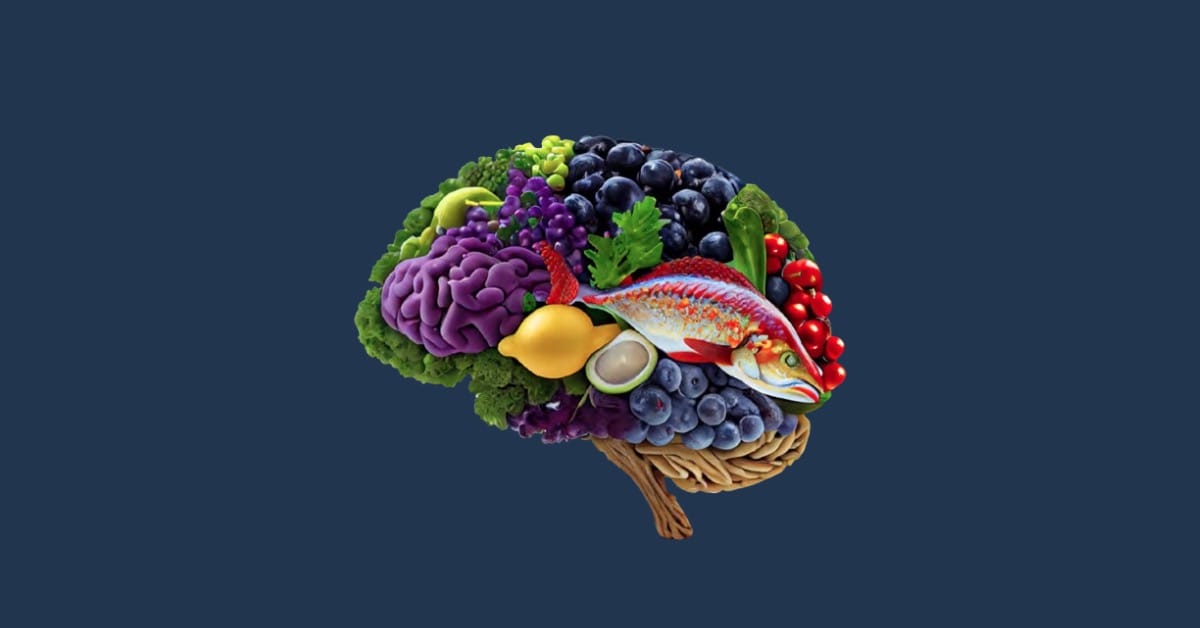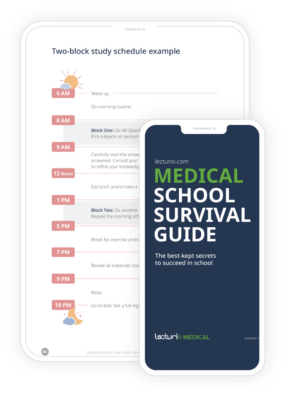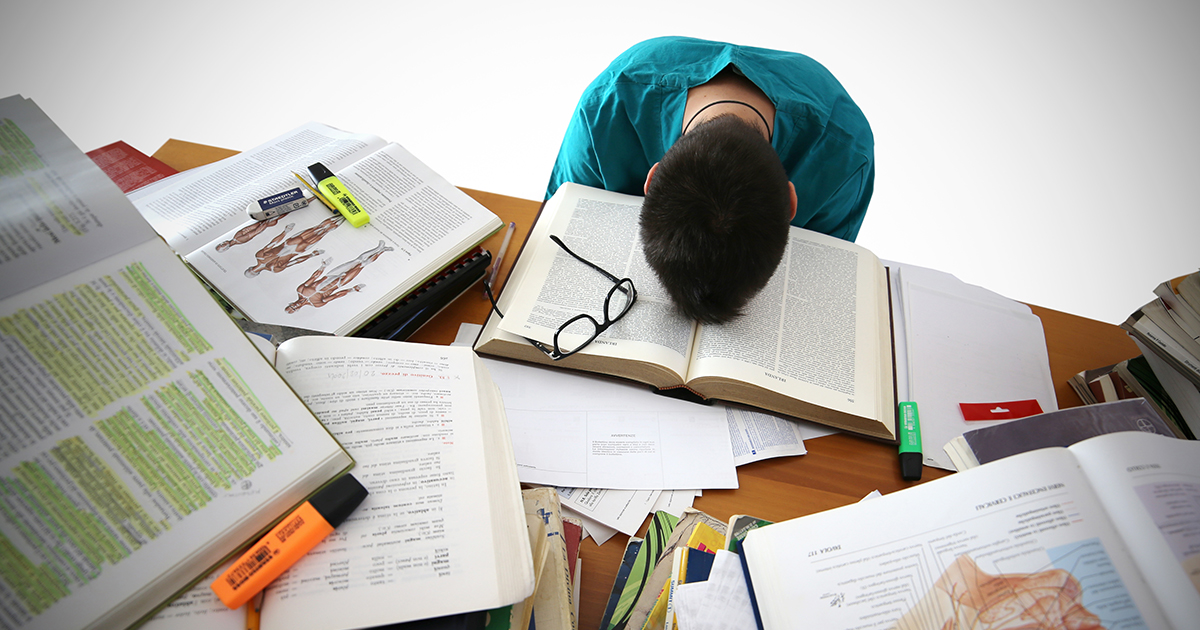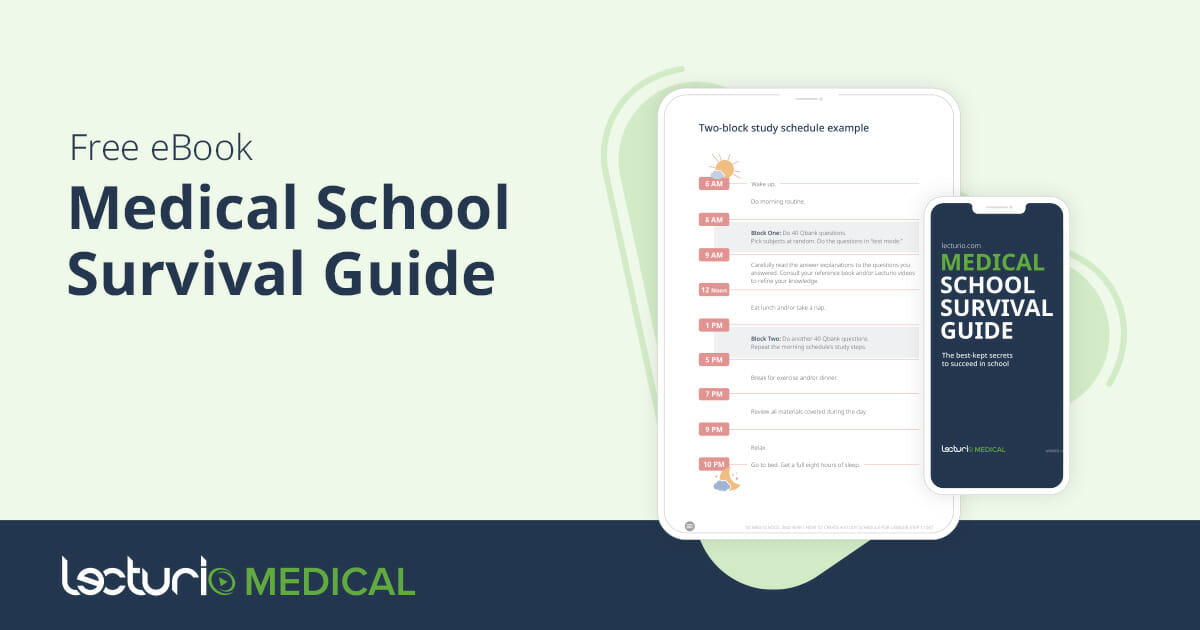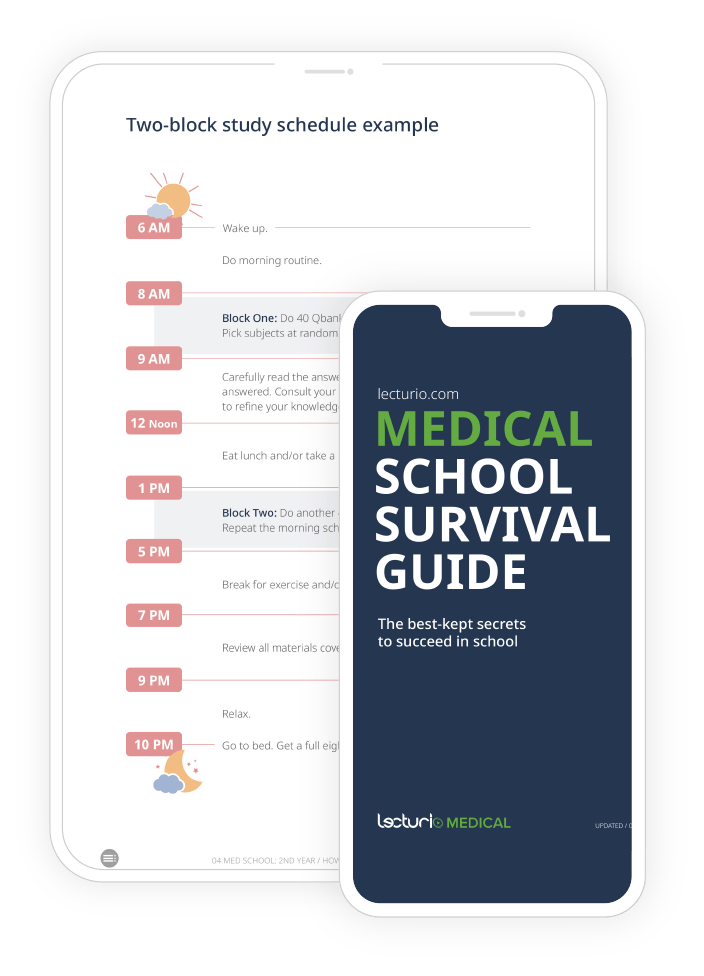Please note, these tips are primarily aimed at preventing deficiencies in vitamins and nutrients, which can adversely affect your ability to focus and memorize. The main goal is to ensure a balanced diet that meets all your nutritional needs. Enjoy these suggestions both for their health benefits and as inspiration!
Additionally, there’s something to be said about the power of belief: munching on blueberries with the mindset that they’re your secret weapon for mastering complex medical subjects might just prove effective – never underestimate the placebo effect!
Boost your mental performance with a berry parfait
Flavonoids in berries and their performance-enhancing effect
Berries are the ultimate healthy study snack. While low in calories, they are rich in flavonoid compounds, such as anthocyanins, which are associated with improved performance on cognitive tasks relating to learning and memory. Blueberries and lingonberries are your best choice as they contain higher contents of flavonoids (1100 mg/100 g dry weight) than, for example, raspberries and strawberries (500 mg/100 g dry weight).
Breakfast recipe: mixed-berry yogurt parfait
Ingredients:
- 1 cup mixed berries (like strawberries, blueberries, raspberries, and blackberries)
- 1 cup Greek yogurt (or any yogurt of your choice)
- 2 tablespoons honey or maple syrup (optional, depending on your preference for sweetness)
- 1/2 cup granola (choose a low-sugar variety for a healthier option)
- A few mint leaves for garnish (optional)
Instructions:
In a glass or a jar, start with a layer of Greek yogurt at the bottom. Drizzle a little honey or maple syrup over the yogurt if you want some added sweetness. Add a layer of the washed berries on top of the yogurt. Sprinkle a layer of granola over the berries. Repeat! Two sets of each layer create a good balance of flavors and textures.
Top with a few mint leaves and enjoy your berry parfait immediately, or refrigerate it for up to an hour before serving.
Be the calm in the storm with a turmeric latte
The anxiety-reducing effects of curcumin
Study anxiety is real, and excessive anxiety keeps us from concentrating and feeling/thinking our best. Overwhelm, imposter syndrome, and being nervous about your upcoming exam are common states of mind that make students feel anxious. Relaxation techniques, sharing your worries, exercise, and good planning all can help, but there is also something you can do via your nutrition: Find ways to incorporate turmeric into your recipes.
The main component of turmeric, curcumin, increases DHA (docosahexaenoic acid) in the brain and liver by enhancing its synthesis through elevating levels of enzymes involved in that process. Deficiency of DHA is linked to several cognitive disorders, including anxiety. This study found that increased intake of curcumin reduced anxiety-like behavior in rodents.
Focusing on turmeric to battle your anxious thoughts is especially a good idea if you don’t eat fish, which would otherwise be a good source of DHA.
Breakfast recipe: turmeric-latte
Ingredients:
- 1 cup of milk (dairy or plant-based like almond, coconut, or oat)
- 1 teaspoon of turmeric powder
- 1/2 teaspoon of ground cinnamon
- 1/4 teaspoon of ground ginger (or a small piece of fresh ginger)
- A pinch of black pepper (to enhance turmeric absorption)
- Honey or sweetener of choice, to taste
Instructions:
In a small saucepan, heat the milk over medium heat until it’s warm but not boiling. Add the spices and stir well to combine. If using fresh ginger, grate it directly into the saucepan. Let the mixture simmer for a few minutes and keep stirring. Remove from heat, strain if you used fresh ginger. Add honey or your preferred sweetener to taste.
Achieve hyper-focus with caffeine
Coffee-lovers have known this all along: Caffeine works. It increases alertness by blocking adenosine, a chemical that makes you tired. Additionally, this study found that caffeine can improve your ability to memorize, specifically when it comes to separating complex patterns. So, if you need to compare tricky genetic syndromes or work your way through a pile of bacteria names, coffee is your friend. A good alternative is green tea, which also helps you focus better and be more alert through the contained caffeine and L-theanine.
A word of warning…
While coffee enhances your performance short-term and gives you energy, it can have a variety of negative effects as well. It is associated with a higher risk of anxiety, and less or lower quality sleep. Both are not really what you need in an intense study period, so make sure to monitor how you feel closely and cut back on the coffee if you feel more anxious and stressed.
All-nighters are not sustainable anyway!
For more on this, including related research, check out the Is Caffeine Amping up Your Anxiety? article by counselor Ann Silvers, MA.
Fuel your brain with fish tacos
Hold on, we have a point here.
- Salmon is well-known to be one of the best sources of omega-3 fatty acids, which can improve the function of your brain cells for better cognition and memory.
- Avocados are hyped for a reason: They’re great for you! Rich in monounsaturated fats, they contribute to healthy blood flow and therefore improved cognitive function.
- Leafy greens like lettuce or spinach are a great way to contribute to your overall health, including your brain health. Not only do they contain valuable vitamins, they’re even suspected to help slow age-related cognitive decline.
- Whole grain tortillas are a good choice because, as we know, studying is a marathon, not a sprint. Your ability to focus and concentrate comes from a steady flow of energy (read: glucose) in your blood. Whole grains have a low glycaemic index, releasing the energy slowly into your bloodstream over time. This will keep up your energy levels throughout the day!
Lunch recipe: grilled fish tacos with avocado and leafy greens
Ingredients:
- Salmon or mackerel (or other fatty fish)
- Whole grain tortillas
- Sliced avocado
- Mixed leafy greens (lettuce, cabbage)
- Optional: Salsa or a squeeze of lime for flavor
Preparation:
Grill the fish and flake it. Warm the tortillas, then fill them with fish, avocado slices, and greens. Top with salsa or lime for an extra zing.
Related videos
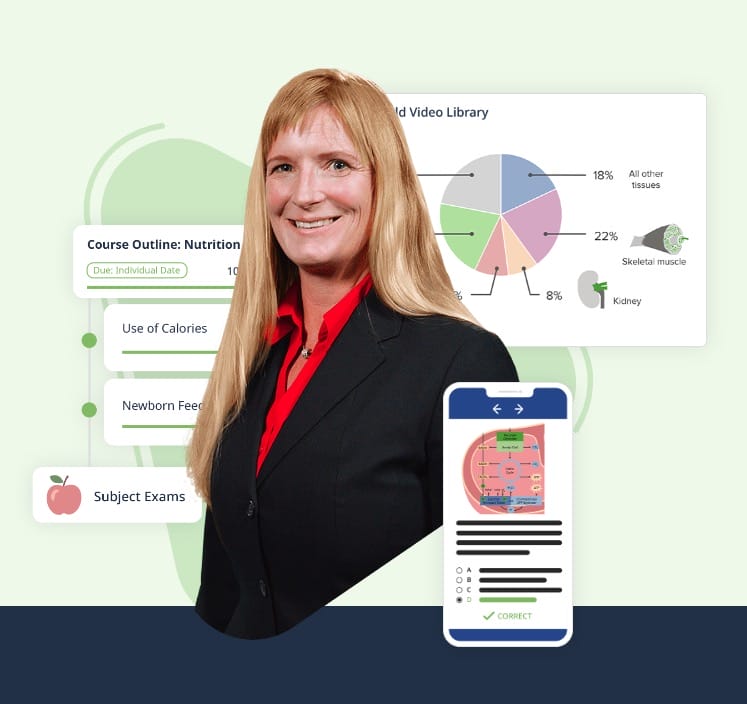
Online Course: Nutrition
Learn the basic concepts of calories, metabolic pathways, and nutrition with prized educator Dr. Georgina Cornwall!
Save the day with dark chocolate and nuts
Chocolate is the best “medicine” for moments when you just need a pick-me-up, and dark chocolate is the least unhealthy option. It gives you a little energy boost, a little hit of dopamine, and is a treat you don’t have to feel too bad about. But that’s not all: the cocoa flavonoids that dark chocolate contains a lot of may actually improve attention, learning, and memory through improving blood flow to the brain.
Nuts are a well-known brain superfood: Studies showed that brain fog can be related to inflammation. Walnuts in particular have antioxidant and anti-inflammatory properties that have been shown in human trials to be associated with better cognitive performance and improvement in memory.
Both make excellent snacks during long study sessions.

Wasim Asghar
Author/educator helping US electrical engineers prepare for challenging technical exams
“I recommend my students to conserve their energies and focus during the exam. To that end, I suggest that students make use of the break during the exam to hydrate themselves, replenish their energy through nutritious power bars, healthy snacks and maybe relieve some stress even by chewing gum. I personally had a habit of relying on a chocolate bar to boost my sugar level during my undergraduate and graduate examinations. Most of these exams were math-intensive and it’s well known that mental gymnastics are as draining as physical gymnastics.. According to this study, our brains are only 2% of body weight but consume approx. 20% of energy!”
Snack recipe: dark chocolate and nut clusters
Ingredients:
- Dark chocolate (at least 70% cocoa)
- Assorted nuts (almonds, walnuts, pistachios)
- Optional: dried berries
Preparation:
Melt the dark chocolate. Mix in the nuts (and dried berries if desired). Spoon onto parchment paper in clusters and let cool until set.
Hack your sleep with chicken parmesan
Yes, we’re serious…well, kind of.
Poor sleep is an epidemic: Over a third of adults in the US suffer from inadequate sleep duration or low quality of sleep. Sleep deprivation is extremely detrimental to our cognitive performance. After all, sleep is when your neurological connections that you created while studying during the day are strengthened, helping you remember the information long-term. Dr. Barbara Oakley, PhD, a professor at the School of Engineering and Computer Science in Oakland University and learning science expert, actually advises med students to “when you are going to sleep at night, […], bring back to mind the most important things that you are really trying to learn or remember.” So: study during the day, and just before you go to sleep, recall the key points that you want to learn to remind your brain what you wanted to be practicing with while you’re sleeping. For this to work, quality sleep is essential!
One way of positively influencing your sleep quality through nutrition is consuming foods that contain tryptophan. Studies suggest that tryptophan-rich foods can improve sleep quality since the tryptophan biosynthesizes melatonin, potentially improving your sleep quality.
Parmesan cheese contains 482 mg of tryptophan per 100 g, with chicken breast following at 404 mg of tryptophan per 100 g. So, while chicken parmesan is not necessarily the first thing that comes to mind when thinking of a healthy meal, if you give it a try, let us know how you felt!
Other good sources of tryptophan are cheddar cheese, fish like tuna and salmon, wheat germ, legumes like soybeans, and pumpkin or chia seeds.
Dinner recipe: baked chicken parmesan
This version of the popular classic bakes (not fries) the chicken and reduces the overall cheese to keep you from falling into a food coma, while still being delicious.
Ingredients:
- 4 boneless, skinless chicken breasts
- Salt and pepper, to taste
- 1 teaspoon garlic powder
- 1 teaspoon Italian seasoning
- 1/2 cup grated Parmesan cheese
- 2 cups marinara sauce (low-sodium preferred)
- Fresh basil, for garnish
- Olive oil spray
Instructions:
Preheat your oven to 375°F (190°C). Pound the chicken breasts to even thickness or slice them horizontally for quicker cooking. Season with salt, pepper, garlic powder, and Italian seasoning. Lightly coat each chicken breast with grated Parmesan cheese. After spraying a bit of olive oil on the chicken, bake for 25–30 minutes, or until the chicken is thoroughly cooked and has a light golden color.
After baking, spoon marinara sauce over each chicken breast. Return the chicken to the oven for an additional 5 minutes, letting the sauce warm up and flavors meld.
Garnish with fresh basil leaves and pair, for example, with steamed vegetables.
Final words
Foods to avoid when studying
Steer clear of fatty and heavy meals, as they can make you feel sluggish and decrease your focus. Foods high in sugar should also be limited, as they can cause rapid spikes and crashes in blood sugar levels, leading to fluctuations in energy and concentration. Additionally, excessively processed foods and those with high levels of artificial additives can negatively impact mental clarity.
Tip: We all know time is sparse when you’re in an intense study period, and you don’t want to spend half of your allocated study time in the kitchen. So, meals that take a long time to make might not be a good choice. Go for quick and easy, but nutritious recipes. Learn more about how to save time cooking while still eating healthy.
Whatever you eat: stay hydrated!
Proper hydration is a cornerstone of maintaining optimal cognitive performance, especially during long study sessions. Even mild dehydration can lead to reduced concentration, memory, and cognitive skills. Adequate water intake helps in maintaining focus, facilitating clearer thinking, and keeping fatigue at bay. It’s not just helpful, it’s essential!
Balance is the key to success
While focusing on eating “brain healthy foods” can be beneficial for study performance, it’s important not to become overly fixated on optimizing every aspect of your diet. Prioritizing overall health, regular exercise, and mental well-being is essential, but so is allowing yourself moments of happiness and enjoyment. Constantly striving for perfection in your dietary choices could add unnecessary stress and detract from what is truly important. Being kind to yourself and giving yourself permission to indulge occasionally won’t derail your efforts. Moderation is key!
Free download: the brain food cook book for medical students
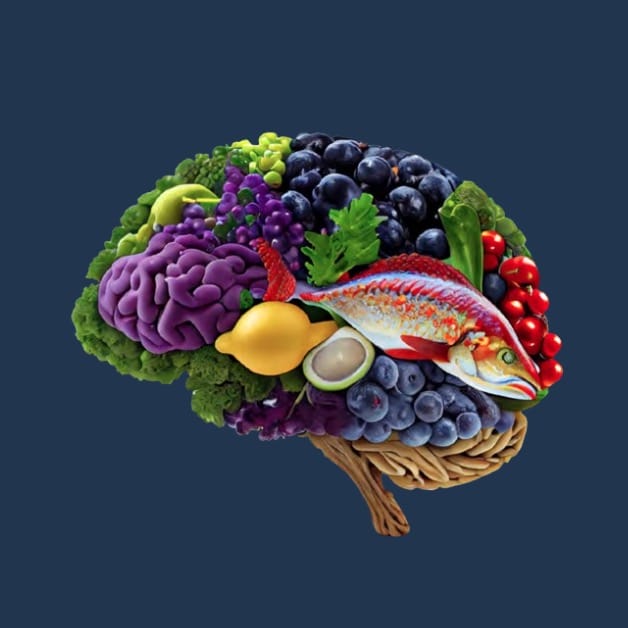
The recipe collection to feed your brain
Download this free recipe collection full of delicious ideas that boost your study performance in medical school!
